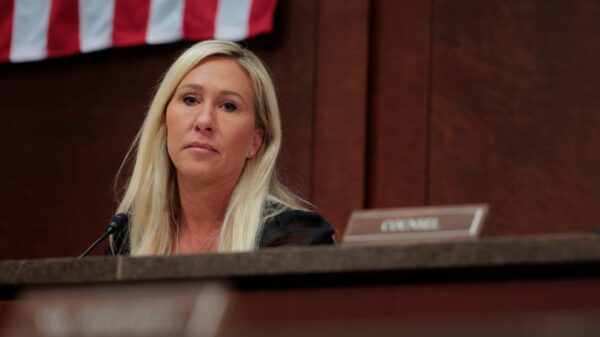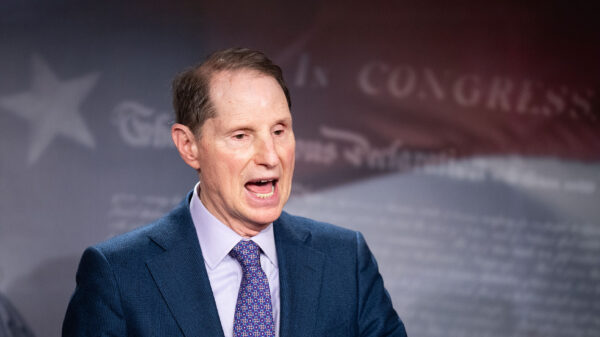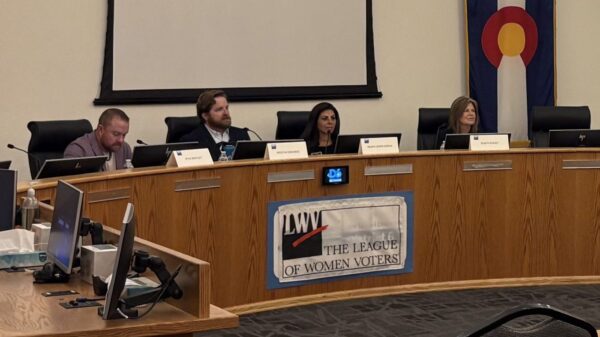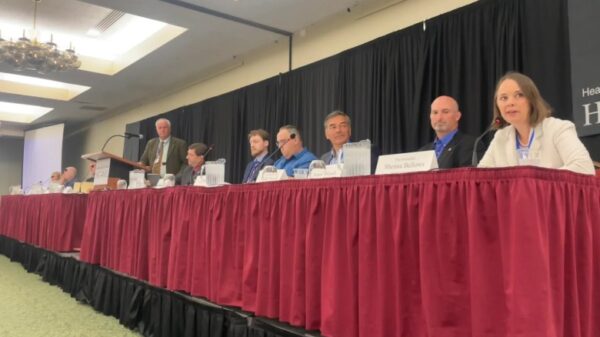French Montana has emerged victorious in a lengthy legal battle that spanned six years, following accusations from producer Eddie Lee Richardson, also known as Hotwire The Producer. Richardson claimed that Montana illegally sampled his instrumental track “Hood Pushin’ Weight” for his 2013 hit “Ain’t Worried About Nothin’.” On October 17, 2023, the U.S. Court of Appeals for the Seventh Circuit ruled in favor of Montana, although the judgment highlighted the close similarity between the two compositions.
Judge Candace Jackson-Akiwumi acknowledged that “to the naked ear, [Richardson’s] beat seems indistinguishable from the beat in [Montana’s] track.” Despite this observation, she emphasized that mere opinions and allegations unsupported by factual evidence are insufficient for a successful lawsuit.
Richardson’s claims fell short primarily due to a critical error in his copyright registration. Instead of securing a copyright for the musical composition itself, he registered a copyright for the sound recording. Under U.S. copyright law, sound recordings can only be deemed infringed if they are directly copied or sampled in another track. In contrast, the law does not protect against new artists imitating musical elements, which Montana was found to have done.
Judge Jackson-Akiwumi remarked that Richardson could have strengthened his case by providing either direct or indirect evidence to demonstrate that Montana had duplicated “Hood Pushin’ Weight” in producing “Ain’t Worried About Nothin’.” Unfortunately for Richardson, he did not present such evidence.
As a result of the ruling, Richardson leaves the courtroom disappointed, while Montana celebrates his legal triumph. In addition to this victory, Montana’s personal life is flourishing. His representative confirmed to TMZ in late August that he is engaged to Sheikha Mahra, the Princess of Dubai. While details regarding their wedding remain undisclosed, the couple had reportedly been romantically linked since last year.
This legal outcome not only underscores the complexities of copyright law but also highlights the ongoing challenges faced by artists in proving claims of infringement. The case serves as a reminder of the importance of proper copyright registration and the necessity for artists to be vigilant in protecting their creative works. As the music industry continues to evolve, these legal battles will likely persist, impacting how artists navigate their creative processes.

































































